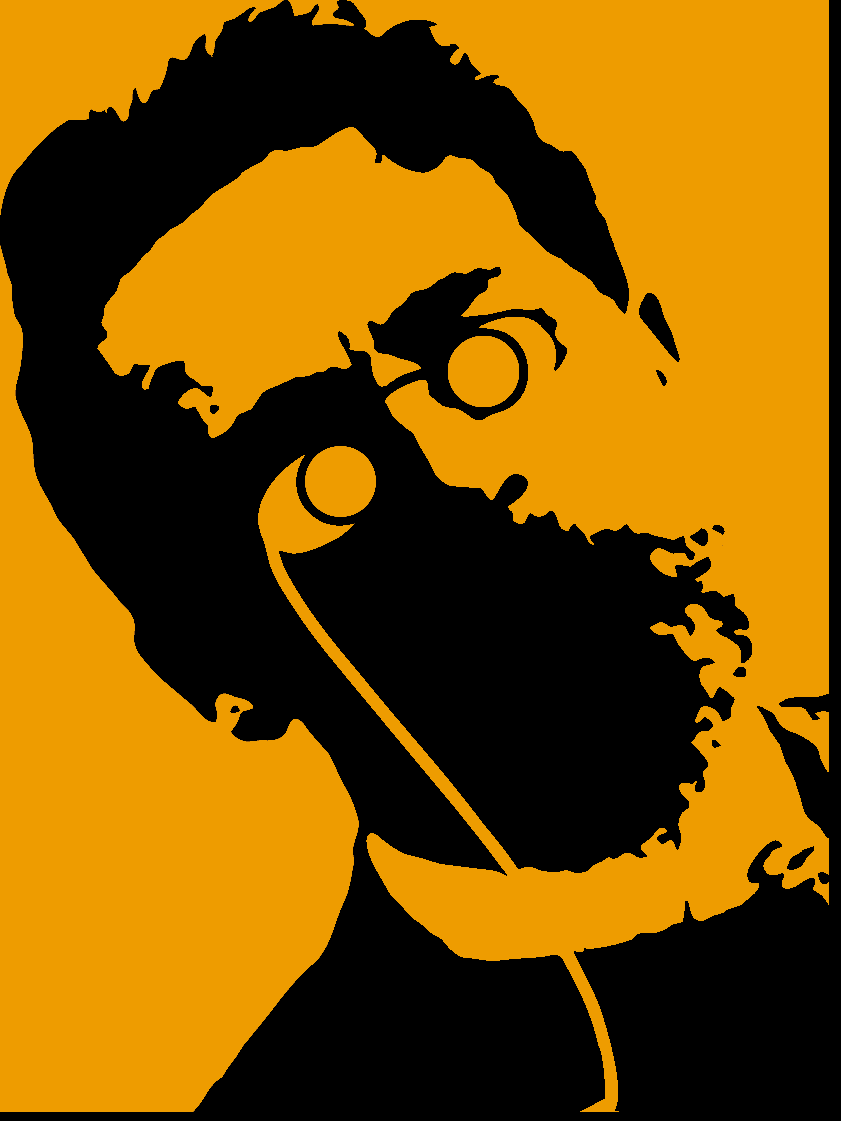Part II. Mystery of History

SHOWS: 12th Night
Each subdirectory 215 and 413 I broke into three parts too. The problem is that we have to jump from HS level of knowledge (next to nothing) to 400 level in Playscript (I have English grads in). Not onkly the last is writing intensive, they must know how to apply drama to acting and directing (working knowledge of the plays).
Summary
Part I. CraftPart II. Art
Part III. Theory
Part IV. Play
Questions
THR215 and THR413 have the same breakdown (four parts)!Notes
Stay with me, I will sort out the pages of the main directory under the new organization (lessons). You might tale a look at THR413 Playscript analysis subdirectory; since I teach it in the Fall of 2003, the updates most likely will be get there first. DRAMATURGY AND DOUBTING: "I believe that the basic requirement for all rehearsal work at the Schaubuhne is primarily a kind of doubting process . . . a doubting and questioning of the theatri- cal means and also of the traditional themes." Jack Zipes. "Utopia as the Past Conserved: An Interview with Peter Stein and Dieter Sturm of the Schaubuhne am Halleschen Ufer." Theater 9.1 (1977): 52. DRAMATURGY AND AUTHORITY: "In most German theatres the chief Dramaturg holds a position of considerable power and often dominates even the top man, the artistic director.... Often very sharp conflicts develop between them . . ." Esslin 49.
Analysis:

